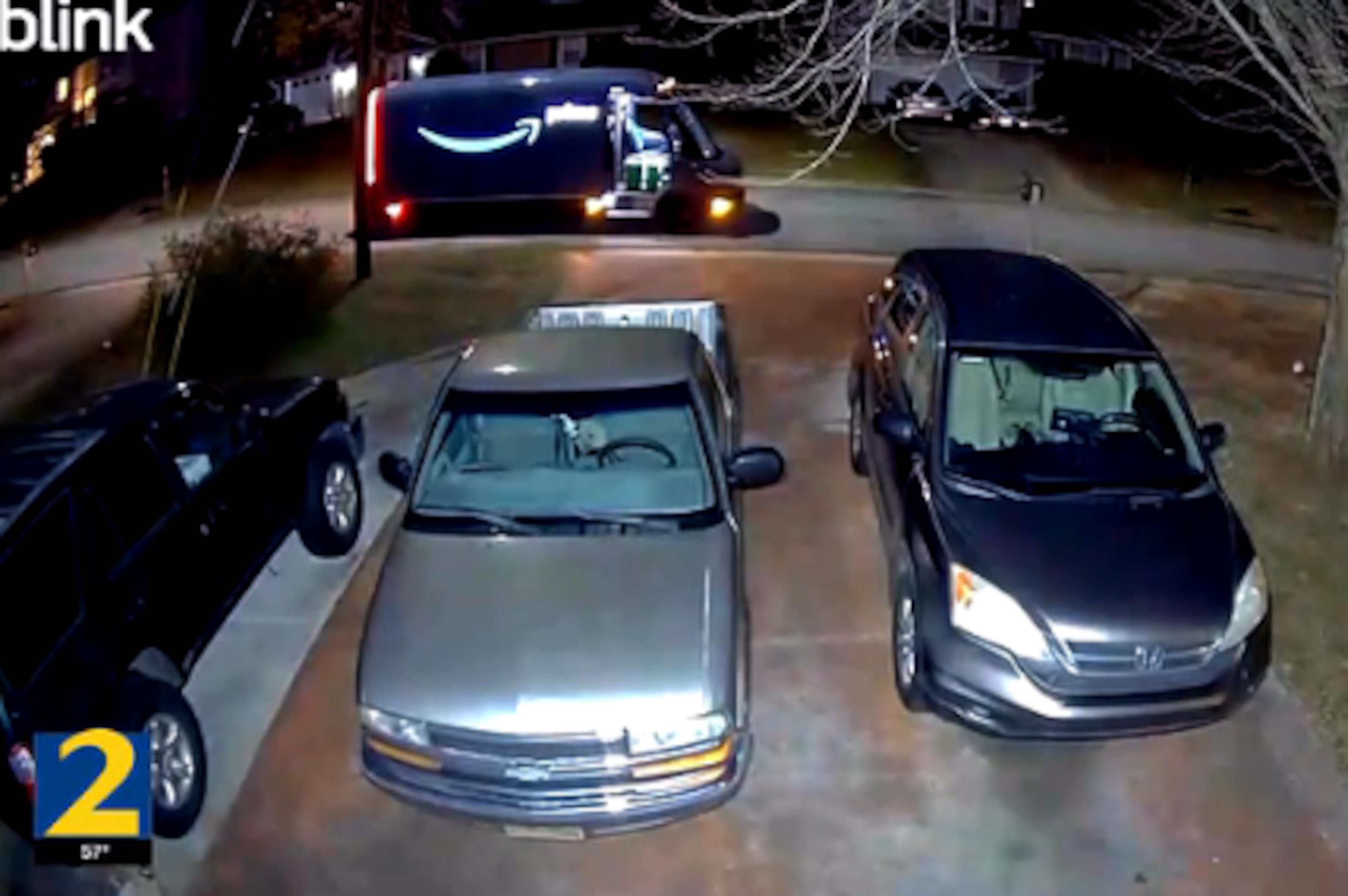When a pandemic changes the way Georgians mourn

Life in the age of the coronavirus has radically changed.
And so has death.
The pandemic has forced some funeral homes to alter the way they handle a family’s final goodbye to their loved one.
Where a church service just a few weeks ago might have drawn hundreds of mourners, these days some funeral directors have opted to hold visitations and only graveside services with a limited number of people.
“I’ve never seen anything like this,” said Gregory B. Levett, who has been a licensed funeral director since 1973. “It saddens me because people have one time to say that last goodbye. I worked during the start of the AIDS epidemic when people were afraid to have funerals or to embalm people and it was nothing like this. It saddens me that we cannot provide, in the short term, the traditional service that we’ve provided in the past.”
Funerals can be elaborate affairs with choirs, multiple speakers and a big repast after the service.
But they are also important markers in the grieving process, said Laura Morse, a licensed professional counselor. When a person dies, their survivors often rely on a large support system to see them through the loss. Without going through the whole process, there may be a feeling of incompleteness or that their loved one didn’t get the memorial service they would have wanted.
Social distancing, though, may have put the brakes on that practice.
This week, Levett, who owns four funeral homes and a crematory, said he will only have graveside services with no more than 50 mourners and visitations of 10 people at a time, although both are available to be livestreamed.
Transportation will no longer be provided to the cemetery. The funeral home has always offered grief services. They still will, just by phone or online, and he expects online family consultations to rise.
“Unfortunately, this is how it has to be for the moment out of concern for the family (of the deceased), my employees and their families,” said Levett, who said he is following recommendations of health and government officials. “In this climate, there’s so much uncertainty.” He said his business can serve 35 to 40 families a week. Each family may have at least 150 to 200 to attend the services and visitation.
He said he and others hope to meet with Gov. Brian Kemp to see if any of the changes can be mandatory to limit the services, at least temporarily. “I don’t think everybody’s going to do it unless it’s mandatory,” he said. “If you have half doing this and the other half not, you’re still just spreading the virus.”
That uncertainty has rocked the industry.
Ellen Wynn McBrayer is vice president of Jones-Wynn Funeral Homes and Crematory in Douglasville and Villa Rica and a spokesperson for the National Funeral Directors Association, which represents more than 20,000 members worldwide.
“There’s never been anything quite as challenging as this, especially for the family,” said McBrayer. “It’s been emotionally challenging.”
The association, which has backed the guidelines, has kept everyone informed about CDC guidelines and offered ideas about alternative ways to meet the needs of families.
The funeral home is offering graveside or chapel service for 10 or fewer people. They’re also offering to videotape or livestream the service or hold them at a later date. She has spoken with county officials, and while it’s not mandatory, they have suggested guidelines to help quell the spread of the new coronavirus.
For anyone planning a service, she said, they may have a service now with 10 or fewer people and hold a memorial service at a later date. “We’ll offer those at no additional charge. It’s about community and walking together. This situation is one that no one expected and it’s changing minute by minute. We don’t mind doing it twice.”
Funeral homes are also taking extra steps to disinfect their facilities. Extra hand-sanitizing stations have been added.
Officials suspect that a cluster of COVID-19 cases in Albany can be traced to two recent funerals.
Several members of two churches — Gethsemane Worship Center and New Direction Christian Church in Albany — attended one or both funerals, said Michael Fowler, the Dougherty County coroner.
At one, a eulogist later tested positive for the coronavirus, said Nathaniel Payne, the funeral home’s owner. The man was from Lee County, where several coronavirus cases had been confirmed.
Also in attendance was a 67-year-old Cobb County man who several days later became the first Georgian to die from the virus.
Since learning of the positive tests, Payne has disinfected the funeral parlor as well as hearses and limousines.
“We have followed all the guidelines,” Payne said. “We’ve done everything humanly possible to try to avoid the virus.”
And it’s not just funeral homes making changes.
At Georgia National Cemetery, veterans and their spouses can still be interred there, but the number of attendees is limited to 10 people. Also, military honors services have been postponed, for now, said director Jamie Mitchum.
“If you want to reschedule that when the COVID crisis is over, we’ll help make the arrangements,” he said.
And some churches are also limiting the size of services that are held on the property.
Morse said having a service later may be helpful.
“It’s not the same of having it in real time, but these are extraordinary times,” she said. “No one really wants to go through the loss of someone and then have to deal with additional feelings of guilt that someone else might get sick as a result.”
Staff writer Alan Judd contributed to this article.



